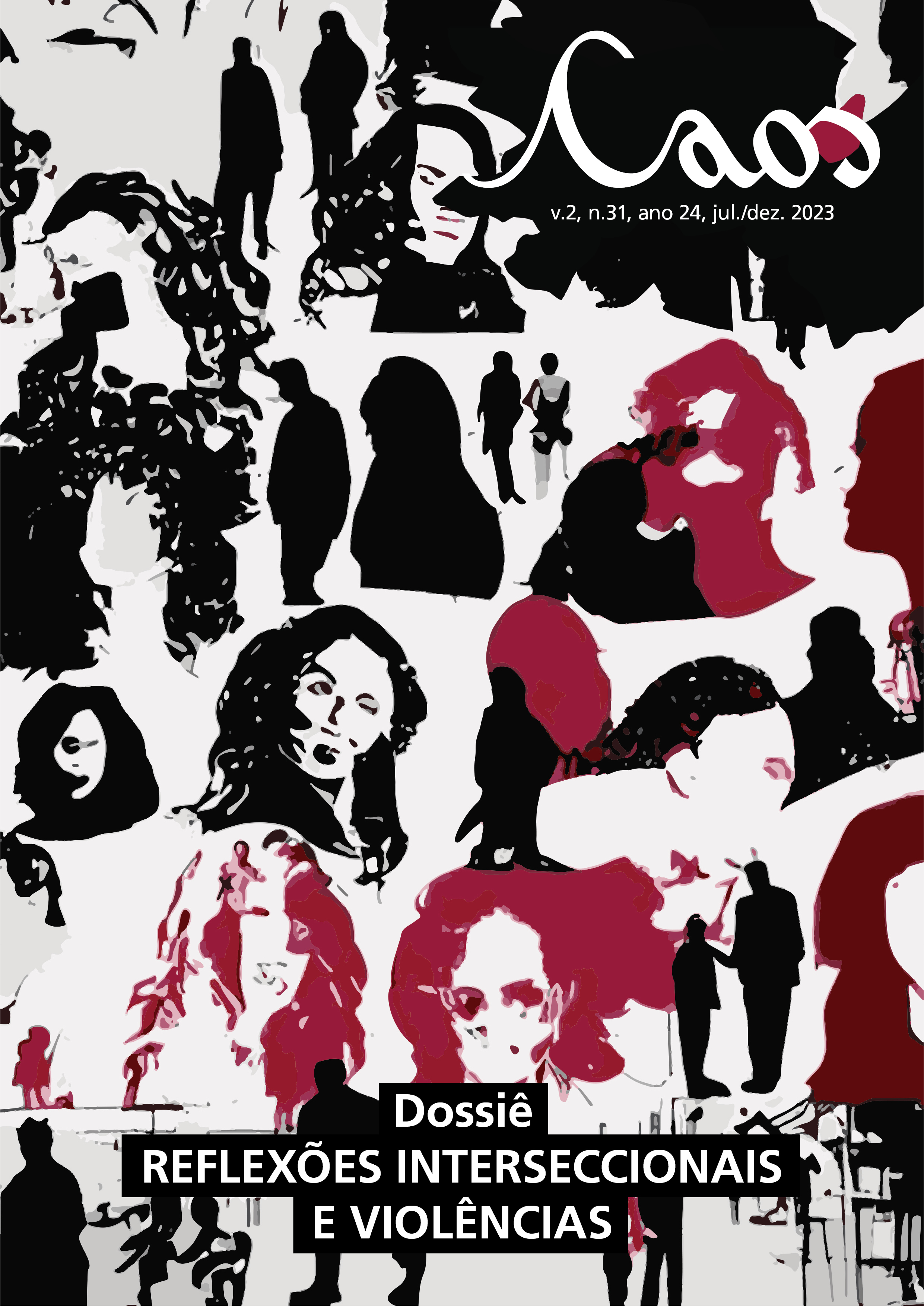INTERSECTIONAL VIEWS ON JUDICIAL PROCEEDINGS OF FEMINICIDE IN THE ACREAN AMAZON
DOI:
https://doi.org/10.46906/caos.n31.67624.p95-126Keywords:
feminicide, criminal court cases, Acre, intersectionality.Abstract
In recent years, Acre has emerged among the states at the top of the national ranking as one of the states that most kills women for gender reasons. In the period from 2018 to 2022, sixty violent deaths of women were classified as feminicides in inquiries and processes that are being carried out in Acre. Faced with this reality, this work is the preliminary result of a documentary research carried out, in 2022 and 2023, with feminicide processes in Acre. Based on two cases analyzed, we want to show in which contexts the violent deaths of women are framed by State agents as feminicides, investigating the (non) use of the legal hypothesis of “belittlement and discrimination” (art. 121, § 2o -A, II of the Penal Code) to (mis)characterize the crime. Specifically, the aim is also to analyze the power relations that operate in an intersectional way to guarantee or prevent the intelligibility of feminicide in the processes. For this purpose, the source of research is the expert reports and the criminal prosecutions, available in the Sistema de Automação Judicial do Tribunal de Justiça do Estado do Acre (SAJ/TJ), and the general data on feminicide produced by the Centro de Atendimento à Vítima (CAV) — agency linked to the Ministério Público do Acre. Adopting the sociological and legal literature on feminicide and studies on intersectionality, it is clear that gender, race, class and territory relations make up the processes and that the deaths of women outside the context of domestic and family violence are unintelligible to elements of the Acrean criminal justice system.
Downloads
Metrics
Published
Issue
Section
License
Copyright (c) 2023 Emylli Tavares do Nascimento, Leonísia Moura Fernandes, Muana Moura de Oliveira

This work is licensed under a Creative Commons Attribution-NonCommercial 4.0 International License.
A Caos é regida por uma Licença da Creative Commons (CC): CC BY-NC 4.0, aplicada a revistas eletrônicas, com a qual os autores declaram concordar ao fazer a submissão. Os autores retêm os direitos autorais e os de publicação completos.
Segundo essa licença, os autores são os detentores dos direitos autorais (copyright) de seus textos, e concedem direitos de uso para outros, podendo qualquer usuário copiar e redistribuir o material em qualquer suporte ou formato, remixar, transformar e criar a partir do material, ou usá-lo de qualquer outro propósito lícito, observando os seguintes termos: (a) atribuição – o usuário deve atribuir o devido crédito, fornecer um link para a licença, e indicar se foram feitas alterações. Os usos podem ocorrer de qualquer forma razoável, mas não de uma forma que sugira haver o apoio ou aprovação do licenciante; (b) NãoComercial – o material não pode ser usado para fins comerciais; (c) sem restrições adicionais – os usuários não podem aplicar termos jurídicos ou medidas de caráter tecnológico que restrinjam legalmente outros de fazerem algo que a licença permita.
Recomendamos aos autores que, antes de submeterem os manuscritos, acessem os termos completos da licença (clique aqui).
















